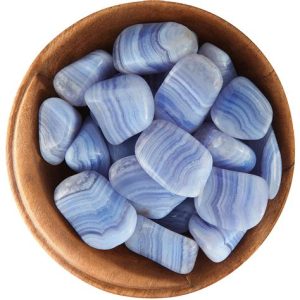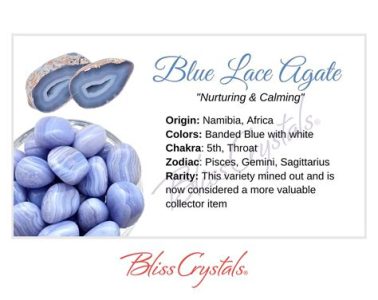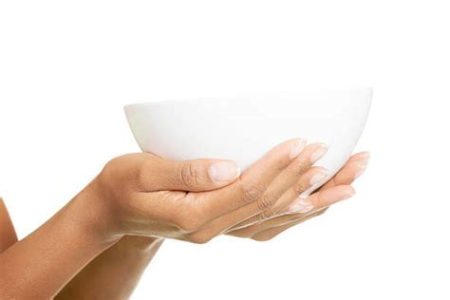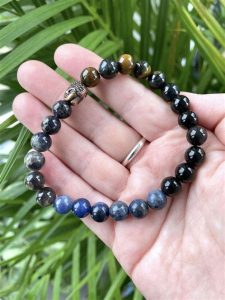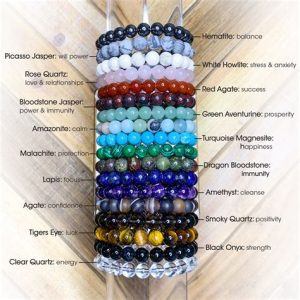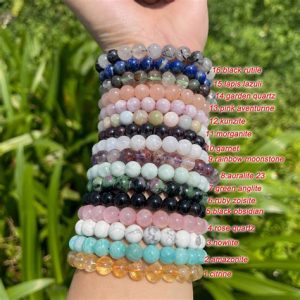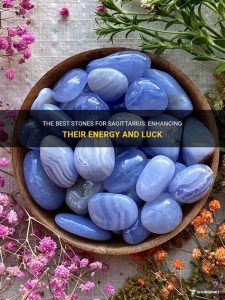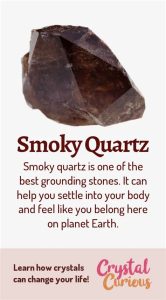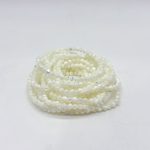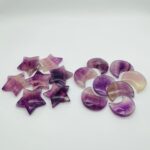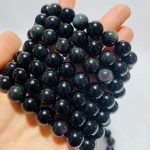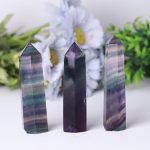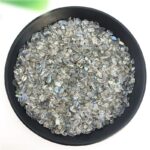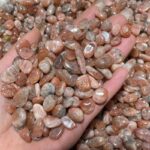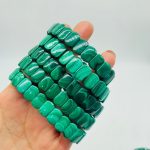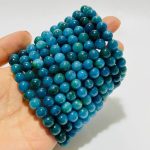Introduction
Crystals, shimmering with ethereal allure, have captivated human fascination for centuries. Their beauty and perceived metaphysical properties have made them highly sought-after treasures. However, determining the value of a crystal is a complex task that involves various factors. This guide aims to provide insights into the pricing mechanisms and considerations that shape the worth of crystals in 2025.
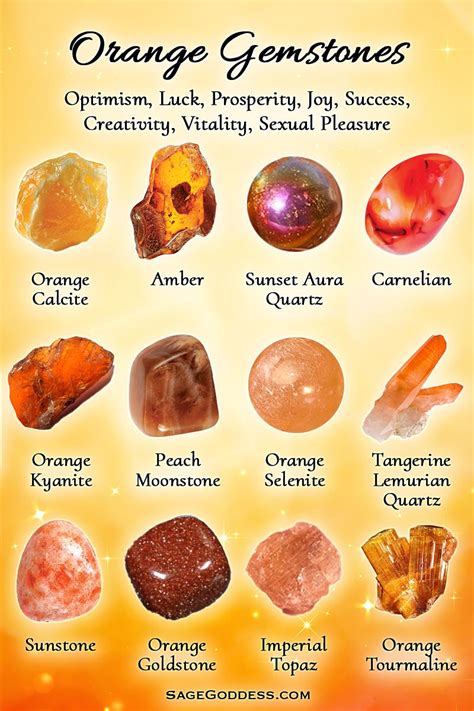
Factors Influencing Crystal Value
1. Clarity and Color
Crystal clarity and color significantly influence their value. Transparent crystals with minimal imperfections command higher prices than those with inclusions or cloudiness. Vibrant, intense colors, such as deep reds or blues, are typically more valuable than paler shades.
2. Size and Shape
Larger crystals generally have higher prices, as they are more challenging to find and extract. Unusual or unique shapes, such as double terminations or phantoms, can also enhance value.
3. Variety and Rarity
The variety and rarity of a crystal affect its worth. Common crystals, such as quartz or amethyst, are less valuable than rarer varieties, such as Moldavite or Herkimer diamonds.
4. Source and Origin
Crystals from specific regions or mines may have higher value due to their perceived quality or spiritual significance. For example, Himalayan quartz is often considered more desirable than crystals from other sources.
5. Metaphysical Properties
Some crystals are believed to possess mystical or healing properties, which can influence their value. Crystals associated with particular energies or intentions may be more popular and thus have higher prices.
Crystal Value Comparisons
1. Quartz vs. Amethyst
Quartz and amethyst are two common crystals with similar physical properties but different values. Clear quartz is typically less expensive than amethyst, due to its abundance. Amethyst, with its vibrant purple hue, commands a higher price, especially for larger specimens.
2. Diamond vs. Herkimer Diamond
Diamonds, the epitome of gemstones, are significantly more valuable than Herkimer diamonds, which are double-terminated quartz crystals. Herkimer diamonds are rare and beautiful, but their value pales in comparison to the brilliance and durability of true diamonds.
3. Selenite vs. Satin Spar
Selenite and satin spar are two forms of gypsum crystals. Selenite, with its ethereal translucence, is considered more valuable than satin spar, which is opaque and fibrous.
Effective Strategies for Increasing Crystal Value
1. Enhance Clarity
Removing impurities and enhancing clarity can significantly increase crystal value. This can be achieved through professional cleaning or polishing services.
2. Cut and Shape
Cutting and shaping crystals into unique designs can enhance their aesthetic appeal and thus their worth. Intricate carvings or polished surfaces can command higher prices.
3. Promote Rarity
Discovering and sourcing rare or unusual crystals can lead to increased value. Attending gem shows or partnering with ethical miners can provide access to exclusive specimens.
4. Emphasize Metaphysical Properties
Highlighting the perceived metaphysical properties of crystals can attract buyers who value their spiritual significance. Providing documentation or certification can enhance credibility and boost value.
Conclusion
Determining the worth of a crystal in 2025 is a multifaceted process that involves careful consideration of various factors. By understanding the key influences and employing effective strategies, collectors and enthusiasts can maximize the value of their crystal treasures. Whether for aesthetic appeal, metaphysical beliefs, or investment purposes, crystals continue to fascinate and inspire, captivating our hearts and imaginations with their enduring worth


